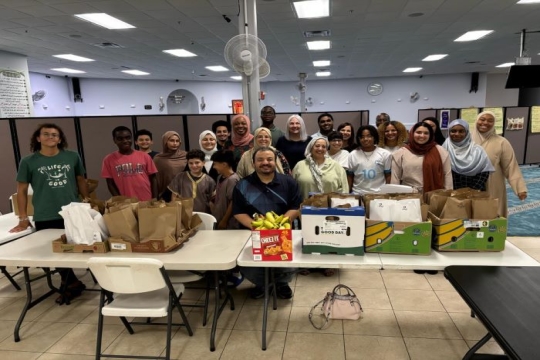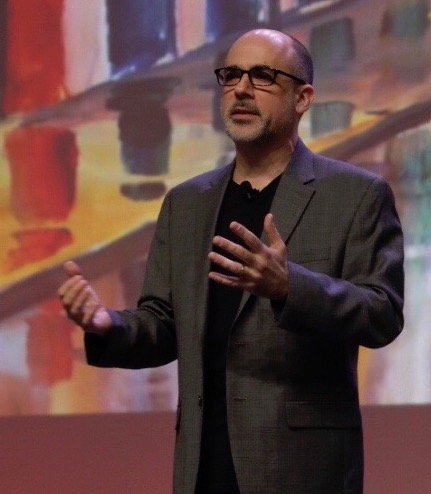
Job descriptions are important. They outline and shape the work to be done. In a temple, job descriptions ensure that lay and professional leaders understand responsibilities and roles.
When I was an executive director, my job description was four pages long. Although routine and mundane tasks were explained in great detail, there were many things I regularly did that were not part of the job description – and never would be.
I kept kids engaged and quiet during Shabbat worship, I directed traffic in our parking lot, I visited staff members’ homes when they were recovering from surgery – often with lunch in tow – and I found time for Marjorie, who had recently lost her husband and sometimes came in just to say hello. How could any job description fully encapsulate all that I did day-to-day, week-to-week?
Perhaps, the executive director’s job description can be simplified. Perhaps a shorter one can be complete without being too restrictive or too demanding.
Let’s try this one: Working in sacred partnership with clergy, staff and lay leaders, the executive director shall oversee the day-to-day operations of the synagogue. All the rest is commentary, now go and get to work.
Yes, I’ve borrowed generously from Rabbi Hillel who said this: “That which is despicable to you, do not do to your fellow, this is the whole Torah, and the rest is commentary, go and learn it.”
But, I believe this abbreviated approach provides a sense of wholeness.
“Working…”
This is a job, and the synagogue is your place of employment. The primary reward for your work is the ability to support yourself and your family even though you may feel a new sense of belonging, spirituality or holiness.
“…in sacred partnership…”
The rules here are different. You are the executive director, but very little of your work is truly autonomous. Our synagogues are volunteer organizations that require the ongoing involvement of engaged members. Partnership suggests mutual respect, and acknowledges there are some things that must be entrusted to staff to be managed most effectively. Partnership suggests that neither knowledge nor expertise is the sole domain of volunteers or staff, but rather that by working together, we can find ideal solutions that might otherwise not be possible. Everyone involved in this holy work is created b’tzelem Elohim (in the image of God) and as such, all leaders, be they lay or professional, deserve honor, respect, trust, and gratitude.
“…with clergy, staff and lay leadership…”
A member of a congregation where I once worked wanted to promote a small program she was working on, demanding I send an email to the entire congregation on her behalf because, as she told me, “you work for me.” Yes, I did work for her, but only in the context of the policies and procedures of the organization. If you try to be responsive to every request from every member, you will find yourself unable to lead or respond effectively at all.
“…the executive director shall oversee the day-to-day operations of the synagogue…”
Sacred partnership is important. So are cooperation, involvement, and engagement. But, ultimately, organizations need to be managed, decisions need to be made, and actions need to be taken. Clergy and lay leadership should be engaged in the work of the executive director, even as he or she should be entrusted to make decisions in response to routine situations that arise during the course of the day.
“…all the rest is commentary. Go and get to work.”
Do the job. The board is about to meet? Prepare the agenda and the financials, and don’t forget to have a yummy snack for them to enjoy. It’s March? Time to plan for the new membership year. Review membership materials, make sure the website is up to date, and start to think about the High Holidays. The receptionist has been doing a great job? See about a raise or a promotion. A member of your staff has been showing up late and not getting the job done? Deal with it. Do what needs to be done. Do it every day. Respect and involve your lay and professional partners. Be responsive and be inclusive. Plan far enough ahead that surprises are kept to a minimum. But, always be nimble and fluid because plans, situations, and people always change.
Embrace the detail most job descriptions offer, but also acknowledge that few job descriptions can begin to capture everything that happens in any given day. Embrace the challenges, embrace the unknown. All the rest is commentary.
Have something to say about this post? Join the conversation in The Tent, the social network for congregational leaders of the Reform Movement. You can also tweet us or tell us how you feel on Facebook.
Related Posts

How URJ Congregations Spark Change and Innovation

Leadership Boot Camp: A Clean Page, Infinite Possibilities

